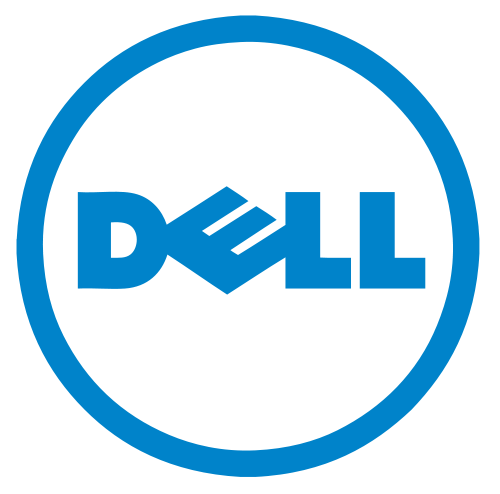Carl Icahn won the battle to control Dell Inc. (NASDAQ: DELL) with one quick action. He walked away from the competition to run a company that has no future. After months in which he tried to convince investors of the extremely modest price Michael Dell and his financial supporters were willing to pay to take Dell private, Icahn said he was beaten — outflanked — after he used his powers of persuasion to make the case that ancient technology has a future in a world that years ago passed it by.
The case that the end of Icahn’s bid will serve him well financially has two parts. The first is that a special committee of the PC company’s board made a negative assessment of Dell’s prospects. The other is the recent trend of Dell’s earnings. Revenue reported for the most recent quarter was flat at $14.5 billion. The bottom line disintegrated — down from $732 million in the same period a year ago to $204 million. At that rate, a new owner of Dell may have trouble servicing buyout debt through the results of company operations.
The death of the personal computer has been a major theme of the wave of consumer electronics preferences for smartphones and tablets. All research about global PC shipments and smartphone adoption has shown this is true. Furthermore, the results of earnings at Dell’s main rival, Hewlett-Packard Co. (NYSE: HPQ), prove that public company trends support the notion of a long-term PC company problem. So does the market’s perception of companies supported by PC sales, particularly Intel Corp. (NASDAQ: INTC) and Microsoft Corp. (NASDAQ: MSFT).
One other reason that Icahn is fortunate has not been mentioned very often. Michael Dell is at the center of every major decision that has ruined the company. That does not bode well, since he will keep his job once the company is no longer a public corporation. Of course, Icahn would have thrown out Michael Dell, but there is an extent to which Dell’s decisions have crippled the firm in a way that digging it out of its current trouble will be impossible. Dell’s share price is off by 25% over the past five years, while the S&P 500 is up more than 30%. Even the most skilled management in the world may be unable to reverse that attrition in value.
Icahn has had a string of victories recently as he has taken a position in companies that are poorly managed and has gained some say in how they are operated. In Dell’s case, he is well rid of that chance.
Thank you for reading! Have some feedback for us?
Contact the 24/7 Wall St. editorial team.





